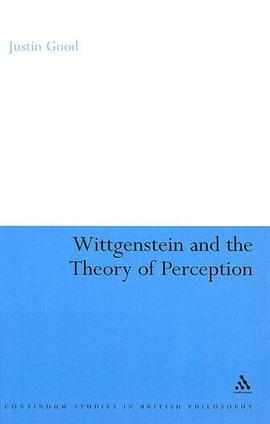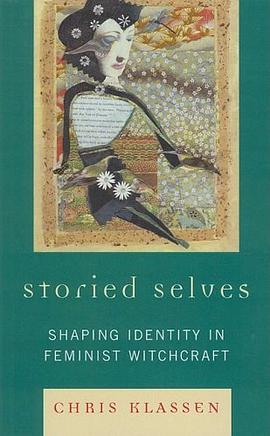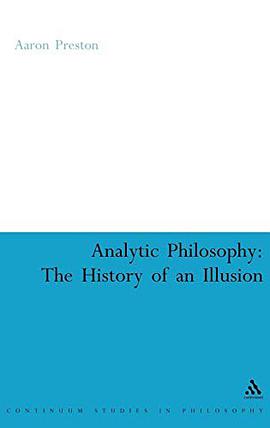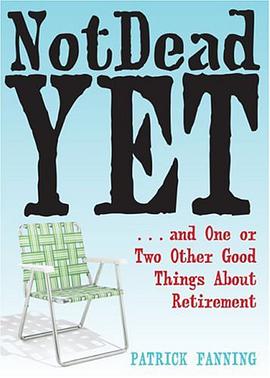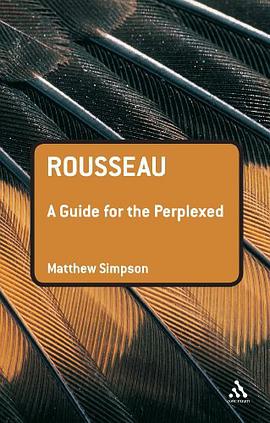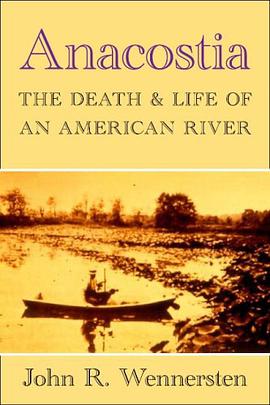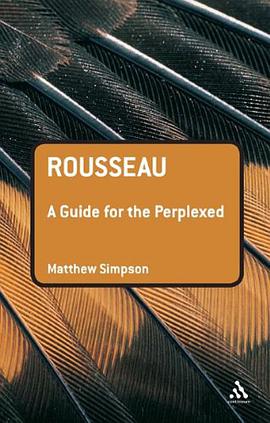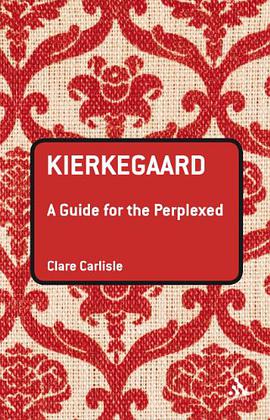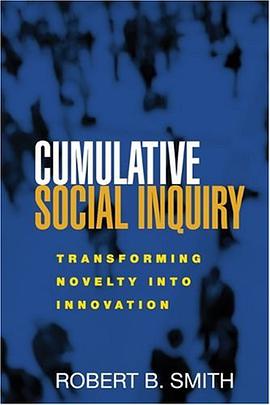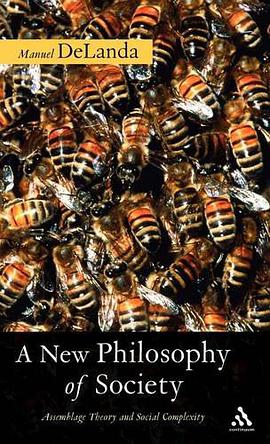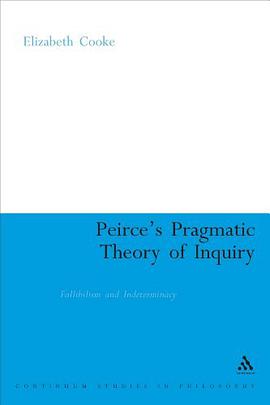

具体描述
The philosophy of Charles Sanders Peirce (1839-1914) is very important at every stage of the history of modern American thought. It informs William James's evolutionary metaphysics, John Dewey's theory of logic, W.V.O. Quine's naturalism, and Richard Rorty's notion of the Linguistic Turn. Similarly, many Continental philosophers, like Jurgen Habermas, Karl-Otto Apel, Jacques Derrida, and Umberto Eco, have developed Peirce's semiotic logic as central to their own philosophical views. Yet until now there has been a yawning gap in the literature on what is arguably the most essential idea in the entire Peircean corpus, namely his "fallibilism." The basic idea of fallibilism is that all knowledge claims, including those metaphysical, methodological, introspective, and even mathematical claims - all of these remain uncertain, provisional, merely fallible conjectures. As Elizabeth Cooke explains in "Peirce's Pragmatic Theory of Inquiry", one long-standing concern with the idea of fallibilism is that it might all too easily slide into "skepticism." And this would certainly undermine the overall project of making Peirce's fallibilism the linchpin for any realistic pragmatism. So, it is essential to show Peirce's philosophy does not require any claims to certitude, in order to keep his fallibilism from falling into scepticism or contextualism. Cooke's solution to this problem is to interpret Peirce as having reconceived knowledge - traditionally defined as "foundational" and even "static" - as a dynamic process of inquiry, one which evolves within a larger ontological process of evolution. Her book will be of great interest not only to Peirce and Pragmatism specialists but also to contemporary epistemologists more generally.
作者简介
目录信息
读后感
评分
评分
评分
评分
用户评价
这本书的封面设计给我留下了深刻的第一印象,那种低调而富有质感的深蓝色背景,配合着烫金的标题字体,立刻就营造出一种严肃而经典的学术氛围。当我翻开扉页时,那种略带粗粝感的纸张触感,配合着清晰的排版,让人感觉这本书是经过精心打磨的。我最欣赏的是它在内容组织上的严谨性,章节之间的过渡非常自然,逻辑链条一环扣一环,读起来一点也不觉得晦涩难懂。作者似乎非常擅长将复杂的哲学概念拆解成易于理解的小块,然后逐步构建起宏大的理论框架。特别是关于“实践性”如何渗透到知识构建过程中的讨论,那些具体的案例分析,让我对传统认识论有了全新的视角。我甚至可以想象,作者在撰写过程中,一定花费了大量时间来梳理和比对不同的哲学流派,最终形成了一种既有深厚根基又不失个人洞见的独特阐述。整体而言,这是一本让人愿意细细品味、并且会忍不住在阅读过程中随时停下来思考的佳作。
评分老实说,我是在一个朋友的强烈推荐下才开始阅读这部作品的,起初我对如此“硬核”的哲学主题感到有些畏惧。然而,一旦进入文本,我发现作者的叙事风格出奇地引人入胜,完全不是我预想中的那种枯燥乏味。他运用了大量的历史脉络梳理,将理论的演进过程描绘得如同史诗一般跌宕起伏,这使得原本抽象的哲学思辨变得鲜活起来。比如,他对某些关键概念的溯源探究,简直像是在进行一场精彩的侦探小说,层层剥茧,直到揭示出其核心的内在动力。更让我惊喜的是,作者并没有将自己置于一个高高在上的评判者位置,而是像一位耐心的导师,引导读者一同探索和质疑。这种双向互动的阅读体验,极大地提升了我对阅读的投入程度。我常常在读完一个章节后,会合上书本,在房间里踱步,试图将书中的观点与我日常的观察和经验进行对接。这本书的价值,不仅仅在于它提供了答案,更在于它教会了我如何提出更深刻的问题。
评分我通常阅读哲学书籍是为了寻找一种看待世界的全新范式,而这本书提供的,恰恰是一种极具实践指导意义的分析框架。它并不止步于形而上的探讨,而是将“如何思考”与“如何行动”紧密地联系了起来。作者在论述过程中,总能巧妙地将晦涩的理论推导,连接到具体的人类经验和决策过程中,这使得整本书读起来有一种强烈的“接地气”的感觉,避免了纯粹理论脱离现实的风险。我发现自己开始不自觉地用书中的某些术语来审视我工作和生活中的判断失误,这种即时的应用性反馈,是很多纯理论著作无法给予的。这本书的伟大之处或许就在于,它成功地将一门复杂的学派,转化为了一套可操作、可检验、且富有生命力的认知工具。它不仅是对既有理论的总结,更像是一份关于如何更有效率地获取和修正知识的“操作手册”。
评分我对学术著作的评判标准通常非常高,尤其是在涉及基础理论体系的构建时,我关注的重点往往在于其内部的一致性和对外延的拓展能力。这本书在这两方面都表现出了惊人的成熟度。作者在构建理论时,展现出一种近乎建筑师般的精准度,每一个概念的定义都如同精确切割的砖石,严丝合缝地嵌合在整体结构之中,没有发现任何明显的逻辑断裂点或勉强的修饰。更值得称赞的是,尽管其根基极其稳固,但它并没有成为一个封闭的系统。相反,作者清晰地指出了该理论在面对现代科学前沿(比如某些认知科学的发现)时,可能需要的调整和深化方向,这种面向未来的开放性,是许多经典著作所欠缺的。阅读这本书的过程,就像是参与了一场高水平的智力对话,它挑战了我的既有认知,同时也为我未来的研究方向提供了坚实的思想工具。
评分坦白讲,这本书的阅读难度绝对不低,它要求读者具备一定的哲学背景知识作为铺垫,否则可能会在初期的专业术语和复杂的论证结构中迷失方向。我用了比预期更长的时间来消化前三章的内容,很多段落我不得不反复阅读三四遍才能真正抓住其精髓。然而,这种高门槛也正说明了其内容的密度和深度。它拒绝提供任何廉价的总结或肤浅的概括,而是要求读者全身心投入到作者的思维路径中去。最让我印象深刻的是,作者在阐述过程中偶尔会引用一些非常冷门的文献片段,这些细微的旁征博引,极大地丰富了文本的层次感,让这本书读起来充满了“寻宝”的乐趣。对于那些渴望真正钻研理论基础、不满足于二手解读的严肃读者来说,这本书无疑是一座需要攀登的学术高峰,一旦登顶,视野将豁然开朗。
评分 评分 评分 评分 评分相关图书
本站所有内容均为互联网搜索引擎提供的公开搜索信息,本站不存储任何数据与内容,任何内容与数据均与本站无关,如有需要请联系相关搜索引擎包括但不限于百度,google,bing,sogou 等
© 2026 book.wenda123.org All Rights Reserved. 图书目录大全 版权所有

